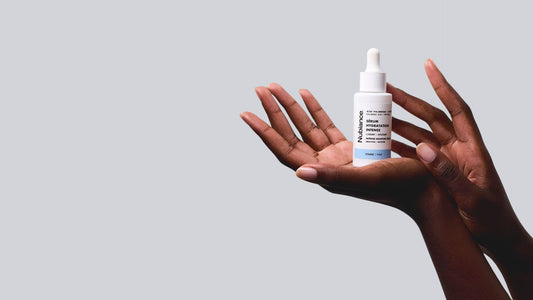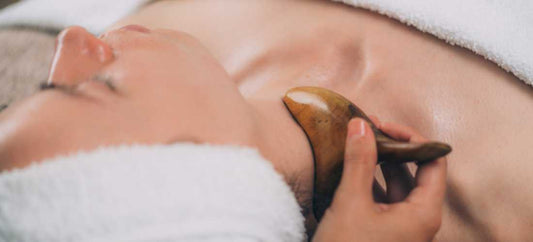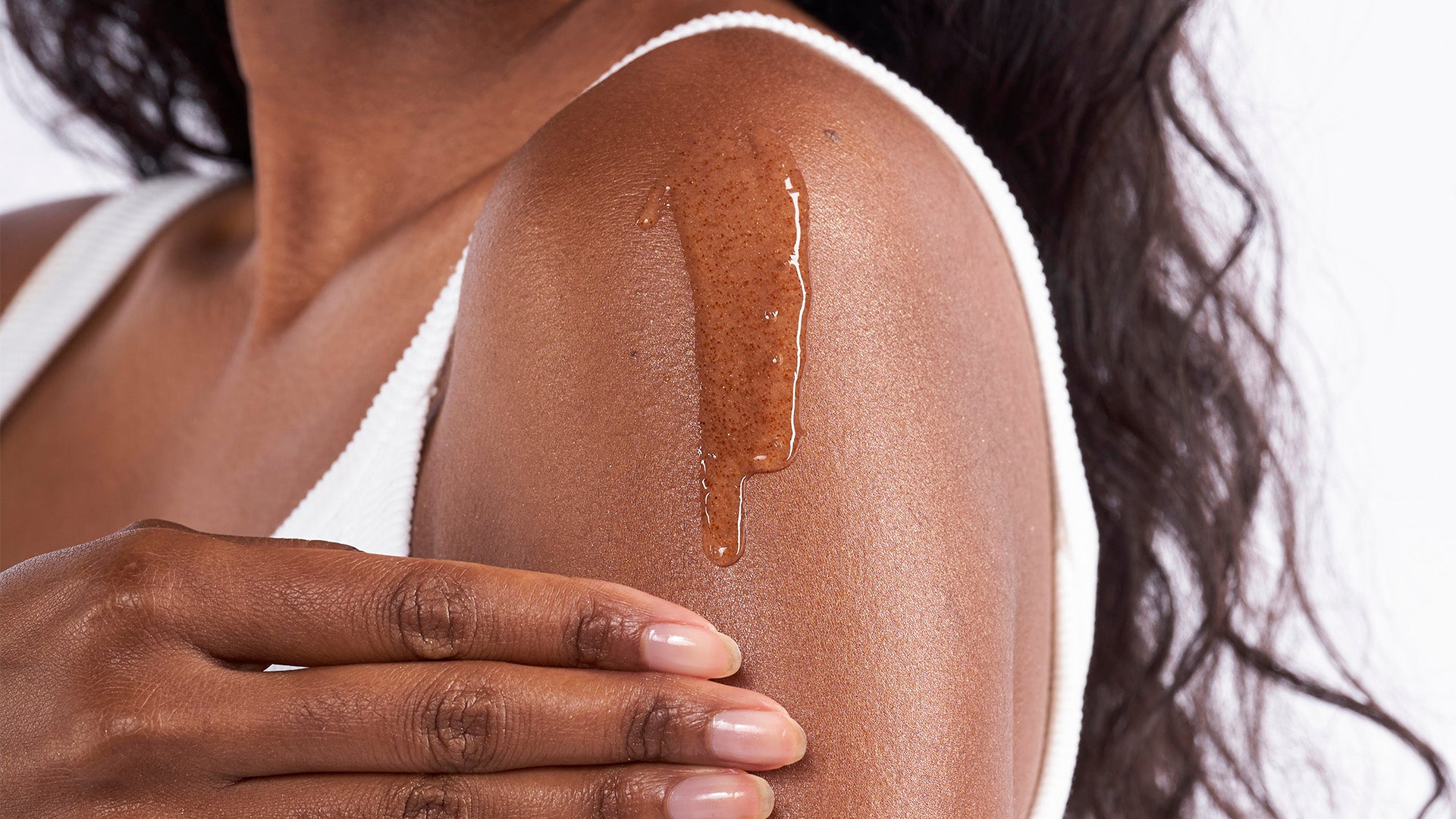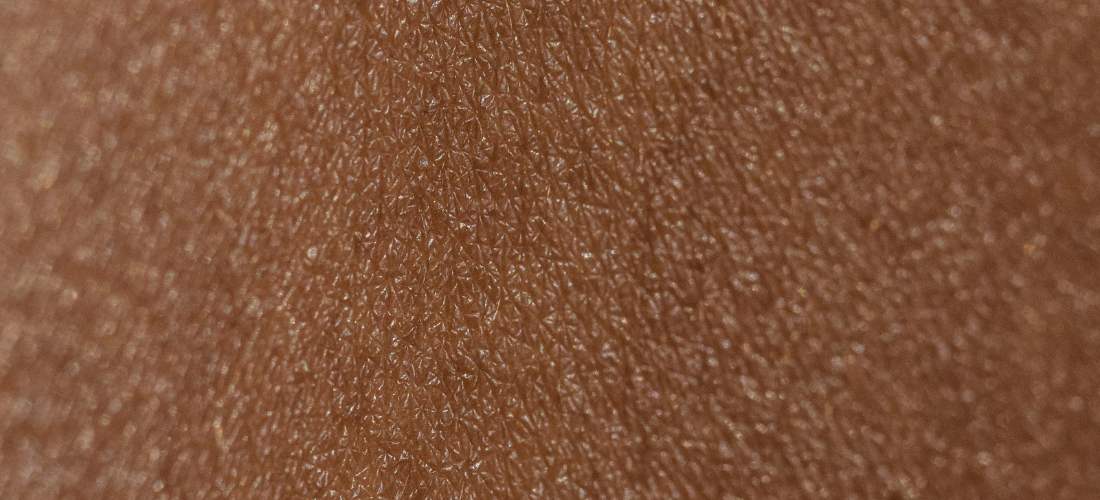
Dry skin in winter: essential tips and treatments to hydrate it
Partager
Dry and sensitive skin has several characteristics: lack of comfort, suppleness, the skin is dehydrated, prone to tightness and reacts to the slightest external aggression. The phenomenon is amplified in winter, when temperatures drop and weather conditions get involved. So how can you deal with dry skin in winter ?
Discover our essential tips and treatments for hydrating your skin , including our unifying and hydrating body milk .
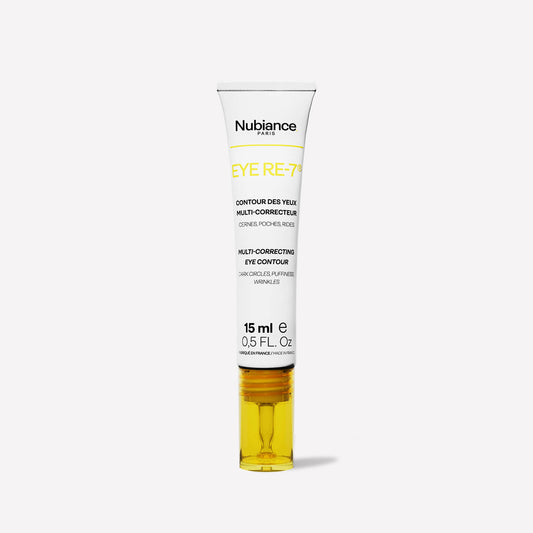
47.80€
Sale price
From 29.00€
64.00€
Sale price
From 32.00€

66.00€
Sale price
From 33.00€
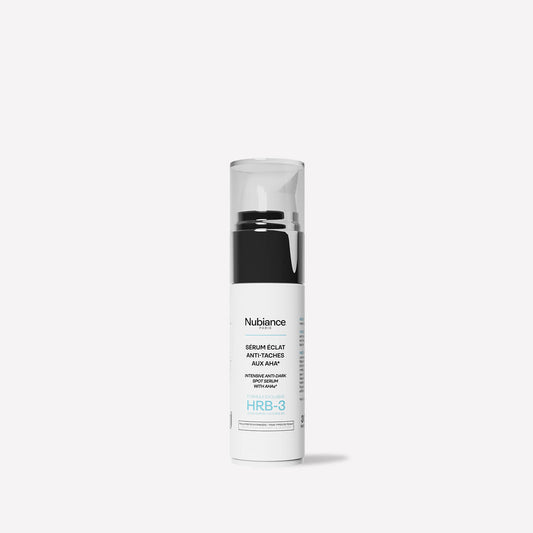
66.00€
Sale price
From 33.00€
Why does skin become dry in winter?
Faced with negative temperatures, cold and snow, the hydrolipidic film , a natural barrier present on the surface of the skin, has difficulty playing its protective role and water loss increases. The face is less plump, less luminous.
The phenomenon takes on other proportions if you already have dry and sensitive skin to begin with. Without suitable care, the epidermis shows signs of aging (wrinkles and fine lines) earlier, feels tight, and in the worst case, flaking and cracking can appear. Sensitive skin is generally reactive: at the slightest disruptive element, the face is invaded by redness and itching .
To avoid the minor inconveniences of winter, it is necessary to adapt your beauty treatments and turn to nourishing and protective products, which comfort skin lacking hydration .
10 essential tips for skin protected from the cold
Intense hydration
Cold, dry winter air can quickly dehydrate and dry out skin . Use a rich, thick moisturizer to strengthen the skin barrier , like our Unifying and Hydrating Body Milk which nourishes and repairs the epidermis thanks to its active ingredients.
Hand protection
Handwashing is essential to fighting germs and preventing infections, but this healthy habit can make your hands dry . To prevent handwashing from contributing to dry skin in the winter, consider purchasing a tube of hand cream and placing it next to your liquid soap. Then, get into the habit of applying cream after your hands are washed and dried. Finally, when you go out, don't forget to wear gloves or mittens to protect your hands from the winter cold .
Sun protection
Even in winter, the sun's UV rays can damage your skin, especially if you're involved in winter sports like skiing. Apply sunscreen with at least SPF 30 (or moisturizer with SPF) to all exposed areas of your body, including your face, hands, and lips.
Protecting your lips
The skin covering your lips is very thin and therefore tends to dry out or crack in winter. This is the part of your body that lets the most moisture escape. To avoid this phenomenon of chapped lips , never pull on the dead skin and avoid biting your lips. Instead, use a lip balm to repair and protect them. Wear several layers of lip balm. Apply a little to moisturize your lips, then apply your lipstick, and finally, apply the lip balm over the lipstick. This gives your lips more shine and creates a good physical barrier to protect them.
Drink plenty of water
Dry or cracked lips are often caused by dehydration . Drinking enough water every day helps keep your lips softer and plumper, and keeps your body well hydrated. But most importantly, limit dehydrating drinks like coffee, tea, or alcohol as much as possible.

Eat plenty of fruits and vegetables and foods rich in omega-3s
Thanks to their high water content, fruits and vegetables are excellent foods to promote good hydration. Foods rich in omega-3, such as walnuts or salmon, limit water loss, strengthen the skin's natural barriers and fight against dryness.
Choosing a good facial cleanser
Keeping your skin well-hydrated requires a gentle, fragrance-free cleanser that is enriched with natural ingredients, such as glycerin or shea butter. The key is to avoid alcohol-based lotions, as they tend to dry out and weaken the skin .
Skincare routine adapted to dry skin
In winter, your skin has different needs. Reduce the use of products with drying ingredients like retinoids and exfoliating acids. Opt for a gentle cleanser that won’t strip your skin of its natural oils, and incorporate a hydrating serum into your routine. For this step, we recommend NubiAGE D-fense™ Antioxidant and Plumping Cream , which helps hydrate tight, wrinkle-prone skin.
Stop long hot baths
Using water that is too hot for your bath or shower helps remove some of the protective layer of oil on the surface of your skin and keeps it well hydrated. So, to avoid having dry skin this winter, it is best to opt for lukewarm water, quick showers and baths of 10 minutes or less.
After bathing or showering, apply moisturizer while your skin is still slightly damp. This will help retain water on the surface, making it easier to hydrate your skin . When drying off, get into the habit of gently patting, rather than rubbing, your skin with a clean towel.
Using a humidifier
Indoors, heated air is often dry and can worsen skin dehydration . Use a humidifier to add moisture to the air, especially in rooms where you spend a lot of time.

Treatments and routine for very dry skin
To prevent chapping, dryness and irritation caused by the cold , here are the SOS treatments to adopt in your care routine:
-
Use a moisturizer daily. To do this, we offer you the anti-dark spot night cream to deeply moisturize your facial skin from bedtime until early morning. You can reinforce its action around the eyes with the EYE RE-7® treatment which smoothes and moisturizes dark circles, bags and wrinkles.
-
Use a makeup remover oil. These are great for dissolving impurities while leaving a nourishing protective film .
-
Exfoliate. Exfoliating your skin once or twice a week helps remove dead cells and improve the penetration of moisturizers .
There are many solutions to limit the sensations of dry skin in winter . Night mask, hand cream, cocooning approach... enjoy all the benefits even during the winter season .



